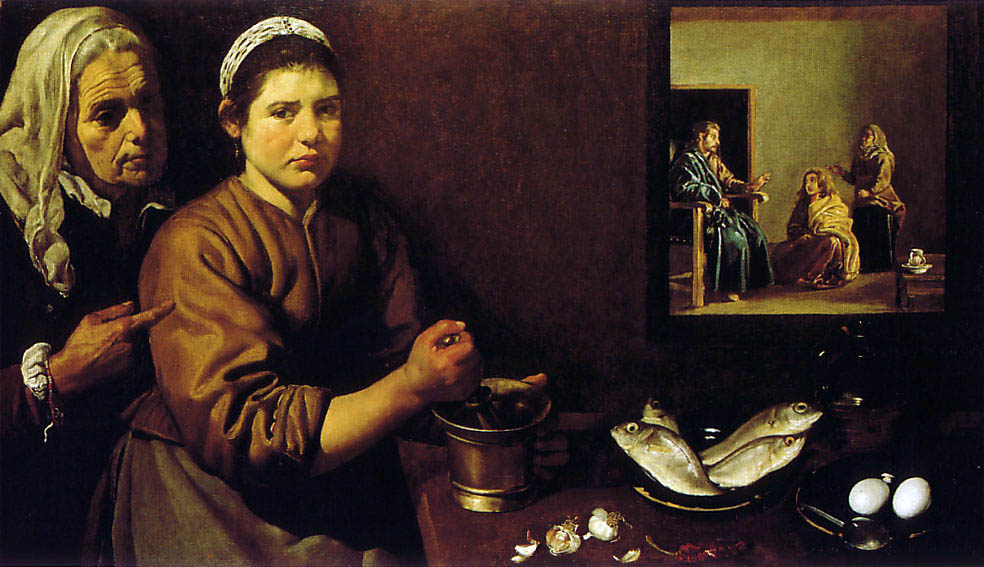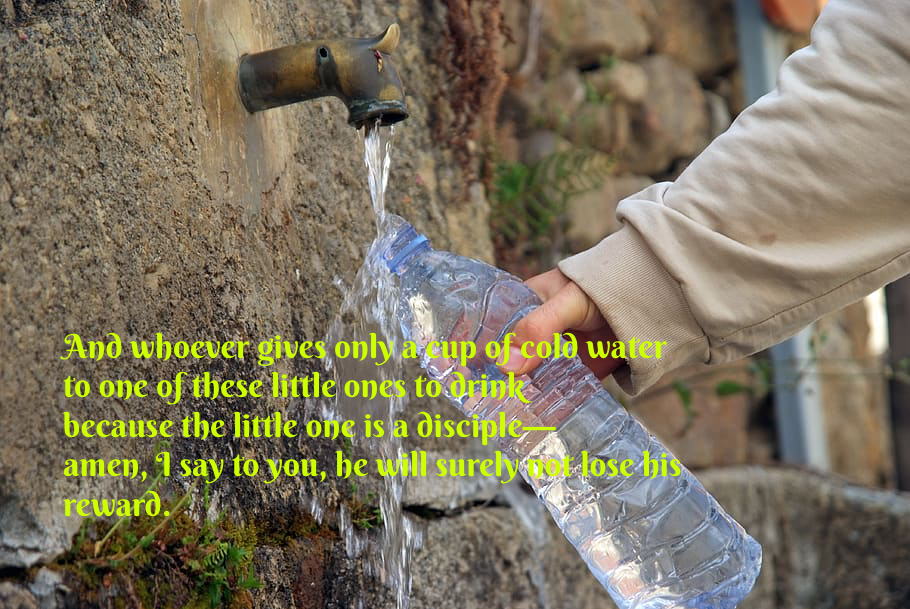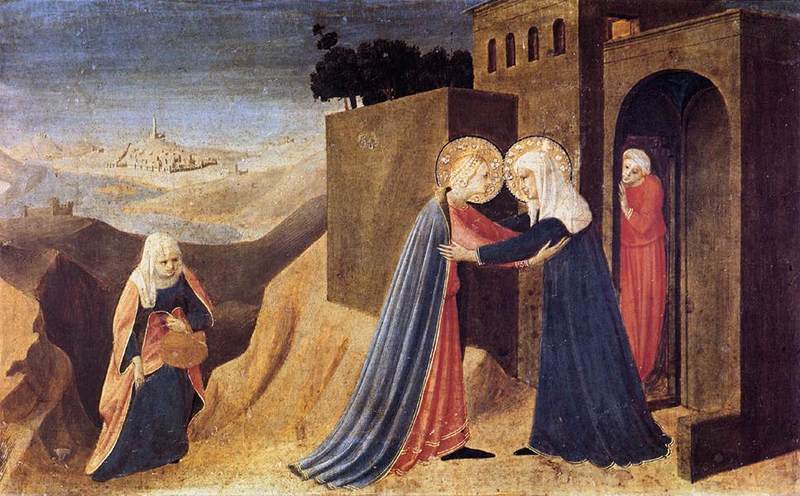Today’s readings
Do you remember the best gift you ever got? What was it? Who gave it to you? How long did it last? Do you still have it? Every gift is a little different: some are big, some are small, some make a lasting impact, some are used up and soon forgotten. The best gifts are those that create a memory of good times; perhaps the best gifts are those that can be shared.
God gives us gifts too. And some are big, and some are small, but all of them are important to us and to others. In this season of giving, I’d like to take a moment to talk about God’s gifts, and how they are to be enjoyed, and there are four points I want to make.
First, God’s gifts are given to be used. They’re not supposed to be like an action figure that is to be kept in its package and preserved so it can be sold in ten years for a lot of money on eBay! It’s supposed to be used for our happiness and God’s glory. So if it’s a talent for sports, we ought to play. If it’s intelligence, we ought to study and research and invent. If it’s creativity, we ought to paint or act or sing. Keeping it in a box and denying it is an insult to the Giver.
Second, God’s gifts are never just for us. God gifts us in ways that we can build up our community and our world and help people to come to know God’s love for them. Always. Mary never could have kept Jesus to herself, and we’re not supposed to keep our gifts to ourselves either.
Third, we will never know how wonderful our gifts are until we share them with others. Our gifts are supposed to create memories and bring people together and help people to know God. When that happens, the full wonder of those gifts will be revealed to us, and we will enjoy them in ways we never could have before we shared them.
Finally, we don’t lose our gifts when we share them. They don’t get used up when we give them away. Just as Mary didn’t lose her Son when she gave him to the world, so we won’t lose what God has given us when we share it with others. That’s just how God’s gifts are.
In today’s Gospel, Mary received a gift. A little scary at first, yes, but a gift nonetheless. She received the gift of a Savior before anyone else did; her fiat meant that she received salvation before it was ever played out on earth. It was the best gift ever, and she got to watch it all unfold before her. Some of it was difficult and painful, but so much of it was amazing.
Because of Mary’s faith, God was able to send the best gift possible to be shared with all of us: the gift of his only-begotten Son. Jesus took on our flesh as a little baby, and grew to become a man like us in all things but sin. He walked among the people of his time and helped them to know of God’s kingdom. He eventually took on our sins and went to the cross for all of us, dying to pay the price for our sins, and canceling out the power that sin and death had to keep us from God. Because of Mary’s faith, we received the gift of salvation, if we would accept it.
And just like all our other gifts from God, those same four principles apply: we have to use, or live our salvation; we have to share the gift of salvation with others; salvation becomes more wonderful every time someone else is saved, and salvation is not something that ever gets used up – it’s meant for everyone.
So this is a bit of a “pep talk” for the coming feast of Christmas and how we are going to celebrate it as a parish family. We know the gift we’ve received. It’s wonderful and precious and amazing – the best gift we’ll ever get. But we can’t just put it on a shelf and look at it once in a while in wonder – we have to get it out there so everyone can come to salvation, everyone can get to heaven, everyone can know God’s love.
The most important thing that we can ever know about God is that he loves us. That’s why he created us, that’s why he came here to redeem us. So when a stranger comes here for Mass on Christmas and sits in your spot, maybe it’s someone who hasn’t heard that God loves them, at least not in any significant way. Maybe you moving over in the seat and welcoming them will help them to know that. Or in the parking lot, when someone is having difficulty or taking a little time, maybe your patience can help them to know that God is glad they are here. Perhaps rather than getting irritated about the vast crowds of people who never come here except for Christmas, you can say a prayer that the church would be full like this all the time. Every little thing you do can have a big impact on someone else, and if it brings them closer to our Savior, then you may have saved a soul.
And level two of this is offering the invitation. You know, like at the family party when someone is hurting and obviously needs to know the Lord. Or at the office party when someone wonders why you go to Church. We’re always supposed to be able to answer for our faith. So this year, we’ve given you two ways to do that. The first is the brochure What Does the Church Have to Offer ME? We mailed it out in the Advent/Christmas packets that went to your house, and we have some extras at the information desk. The intent is that you might save it and give it to someone who needs to know that the Church can be of help to them right now.
The second is the gift we’ll be giving at all the Christmas Masses. Last year we gave a book, this year, for the visual learners, we’re giving a DVD. It’s an episode of Father Bob Barron’s Catholicism series. What I want you to do is to watch it yourself, and then pass it on to someone. Either give it to someone who needs to know the Lord or has questions about the Church, or give it to a friend and ask them to do the same. What I don’t want you to do is to return it to the parish, like some of you did with the books last year. The intent is that they would be out there in the community, or even far from the community, so that the message would spread.
Our salvation, our relationship with God, is a gift, and it’s up to us to spread it around. It’s a shame if someone doesn’t know about God and his love for them. But if they don’t know because we didn’t use our gifts to tell them, then it’s a sin. This is the season for giving gifts. The very best gift you can give to anyone is a relationship with God. Whether it’s your children, or coworkers, or people in the neighborhood, your gift will do so much to make the world a better place. All we have to do is respond like Mary: “I am the handmaid of the Lord, let it be done to me according to your word.”





You must be logged in to post a comment.